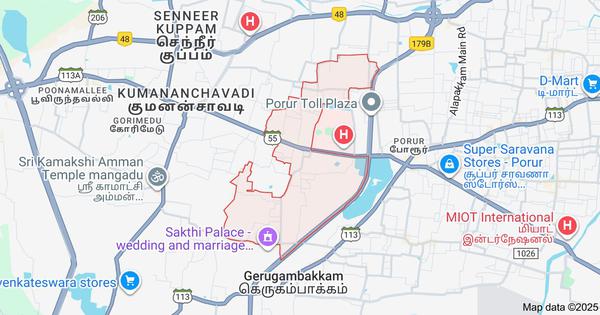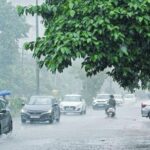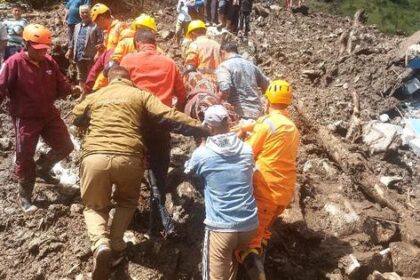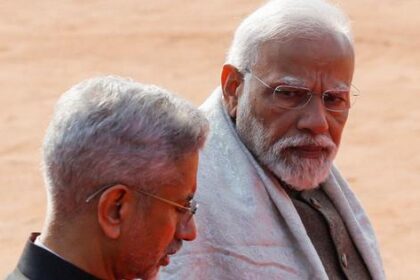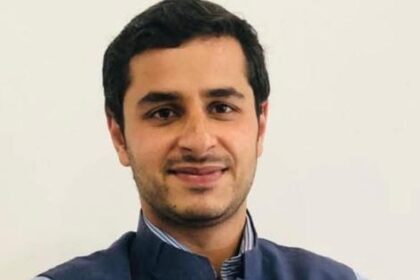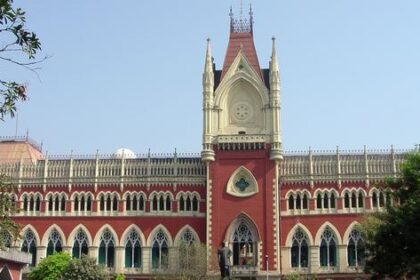Police registered a case of trespassing after RSS members conducted a drill without permission.
Several members of the Rashtriya Swayamsevak Sangh (RSS) were detained by police in Chennai on Thursday after they entered a government school to conduct a drill. This incident occurred in the Iyyappanthangal area, according to reports from the Avadi Police Commissionerate.
Approximately 40 RSS members participated in the drill, which reportedly took place without obtaining prior permission from the school authorities. Following the event, a case of trespassing was filed against the RSS workers based on a complaint lodged by the school management. An unidentified police official confirmed this development, indicating that the drill was unauthorized.
The BJP, which is the political wing of the RSS, responded to the detentions by criticizing the Dravida Munnetra Kazhagam (DMK)-led state government. They questioned the DMK’s governance model and implied that it lacked space for peaceful demonstrations. Nainar Nagenthran, the BJP’s Tamil Nadu president, highlighted that RSS workers had been conducting similar drills at the same location for many years without causing any disturbances to the community.
Nagenthran expressed his belief that the DMK government should recognize the contributions of nationalists who have dedicated themselves to serving the country for over a century. He asserted that such individuals cannot be silenced through legal actions or arrests.
Furthermore, BJP leader Tamilisai Soundararajan characterized the detentions as “undemocratic.” She accused the Tamil Nadu government of harboring an “anti-national mindset” towards the RSS and its activities. This statement reflects a broader tension between the BJP and the DMK, particularly regarding issues of governance and civil liberties.
As the situation unfolds, the implications of these events may resonate within the political landscape of Tamil Nadu, further igniting debates surrounding the rights of organizations like the RSS to conduct activities in public spaces, especially in educational institutions. The response from both the government and the opposition could shape future interactions between political entities and civic organizations in the region.
The sequence of updates will shape how the story evolves over the next few days.
Local impact may differ by region; much depends on on-ground execution and coordination.
Communication from officials often clarifies procedures, interim measures and any phased rollouts.

